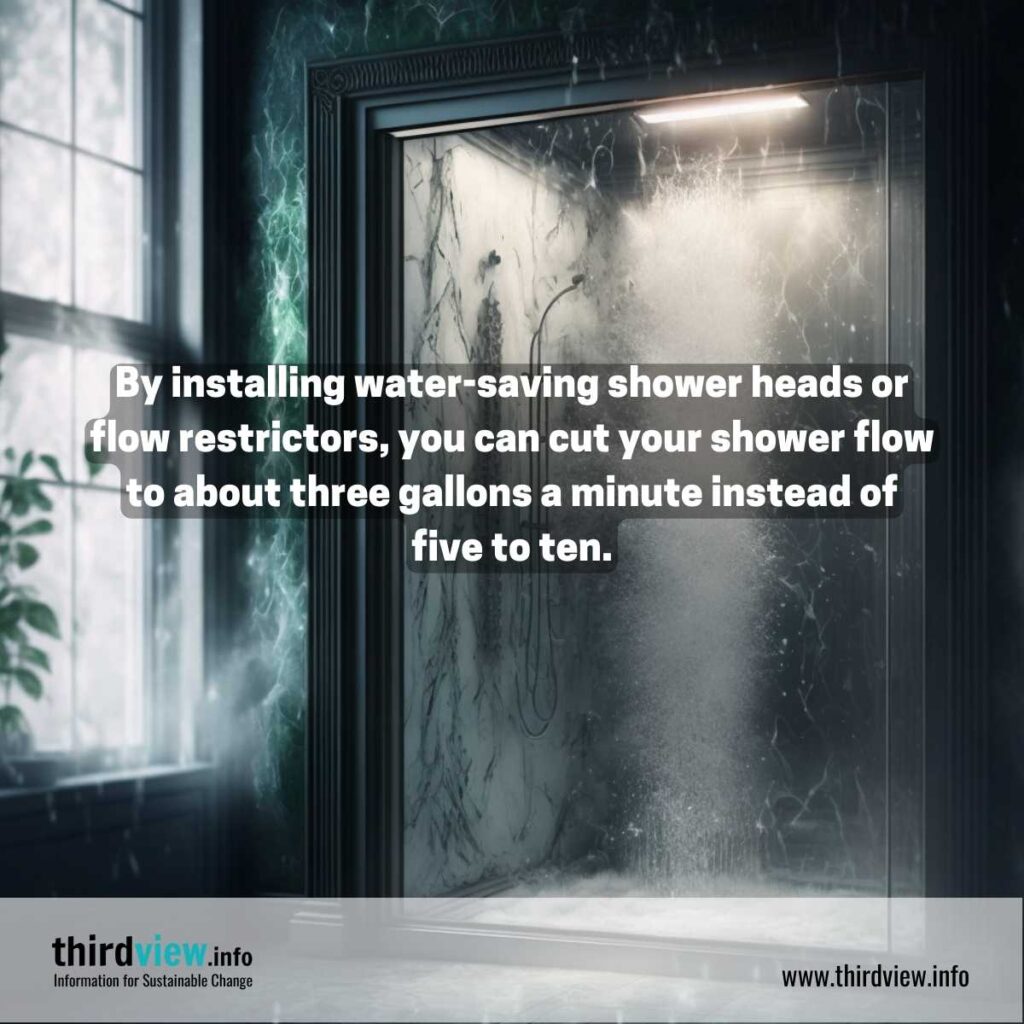The Main Principles Of Reclaim Waste
The Main Principles Of Reclaim Waste
Blog Article
An Unbiased View of Reclaim Waste
Table of Contents3 Easy Facts About Reclaim Waste ShownThe 45-Second Trick For Reclaim WasteReclaim Waste - The FactsFacts About Reclaim Waste RevealedThe Facts About Reclaim Waste Uncovered
Discover the kinds, occurrences, and kinds of liquid waste. Residential sewage waste describes the waste and items from a household septic system. This type of waste is produced by humans in homes, schools, and other structures. This only includes sewage-disposal tanks that have a drain area. The correct administration and disposal of domestic sewage waste require fluid waste to be moved to a sewage treatment plant where the correct approaches and tools are applied to detoxify and take care of waste.
Industrial waste usually consists of potential risks, such as flammable products or a mix of liquid and solid waste items, and requires a more advanced and comprehensive disposal procedure. The disposal of business waste commonly involves the purification of waste prior to transport to make certain secure and proper disposal. Industrial waste is developed from results and runoff of commercial procedures and production.
This type of waste can not use the very same sewage monitoring transport or procedures as septic or business fluids. The hazardous waste monitoring procedure calls for the inspection and screening of liquid waste before it goes through the disposal procedure (liquid waste removal). Overflow waste is the fluid waste that originates from overflow and excess stormwater in highly inhabited locations or cities
Overflow waste can create contamination and flooding if not taken care of appropriately. Guaranteeing correct waste management can avoid catastrophes and lower ecological injury.
Reclaim Waste Things To Know Before You Buy
Contact PROS Solutions today to find out about our waste monitoring and disposal solutions and the proper methods to look after the fluid waste you generate.
(https://www.goodreads.com/user/show/183557660-leon-aube)This so-called 'wastewater' is not just a crucial resource but, after therapy, will be launched to our land, rivers or the ocean. Made use of water from toilets, showers, baths, cooking area sinks, laundries and commercial processes is recognized as wastewater.

water used to cool down equipment or tidy plant and equipment). Stormwater, a kind of wastewater, is runoff that flows from agricultural and urban areas such as roofs, parks, yards, roads, paths and gutters right into stormwater drains, after rain. Stormwater flows untreated directly to regional creeks or rivers, eventually reaching the sea.
What Does Reclaim Waste Do?
In Queensland, a lot of wastewater is dealt with at sewer therapy plants. Wastewater is moved from domestic or industrial sites via a system of sewers and pump stations, known as sewerage reticulation, to a sewer therapy plant. City governments develop, preserve and operate most sewage therapy plants. Operators are certified under the Environmental Defense Act 1994 to release treated wastewater at an acceptable environmental standard right into waterways.
The Department of Natural Resources recommends regional governments concerning managing, operating and preserving sewerage systems and therapy plants. In unsewered locations, city governments might call for owners to mount private or home sewage therapy systems to deal with residential wastewater from toilets, kitchens, bathrooms and washings. The Department of Natural Resources authorises making use of household systems when they are confirmed to be efficient.
Most stormwater obtains no treatment. In some brand-new subdivisions, treatment of some stormwater to eliminate litter, sand and gravel has started using gross toxin traps. Wastewater therapy happens in four stages: Removes strong matter. Larger solids, such as official statement plastics and various other items wrongly discharged to sewage systems, are eliminated when wastewater is passed through screens.
Wastewater after that streams right into large storage tanks where solids resolve and are gotten rid of as sludge. Grease and residue are skimmed from the surface area. Makes use of small living microorganisms referred to as micro-organisms to damage down and get rid of remaining dissolved wastes and great bits. Micro-organisms and wastes are incorporated in the sludge. Eliminates nitrogen and phosphorus nutrients that might create algal flowers in our waterways and intimidate aquatic life.
The Definitive Guide to Reclaim Waste
Nutrient removal is not readily available at all sewer therapy plants due to the fact that it calls for pricey specialized devices. Clear liquid effluent produced after therapy may still consist of disease-causing micro-organisms - industrial wastewater treatment.

This typically implies wastewater needs to be treated or contaminants gotten rid of before it can be released to rivers. Many wastewater flows right into the sewerage system. Under the Act, local federal governments provide approvals and permits for eco relevant tasks (Periods) including wastewater releases that may have a regional impact. The division carries out approvals and permits to Ages including wastewater releases that might have a local or statewide impact.
Reclaim Waste for Beginners
Monitoring supplies valid information regarding water top quality and can validate that licence problems are being met. The details acquired with surveillance gives the basis for making water high quality decisions.
Report this page